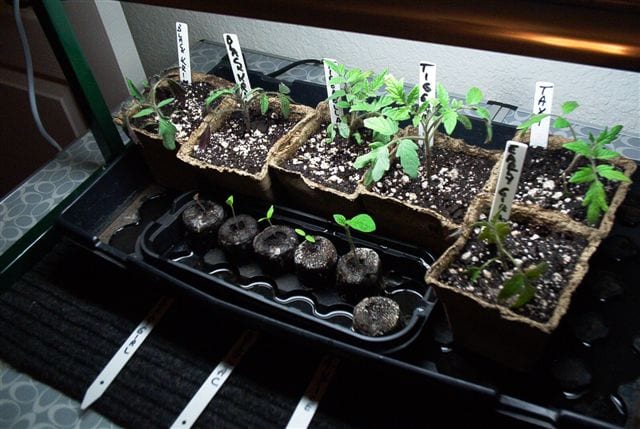What Is Humic Acid?

While humic acid is still a relatively new concept to those not professionally involved in agriculture and gardening and is not widely available except through Internet or direct mail outlets, there is no denying the vast benefits it offers to all types of soils and plant lifet or convenience.
Is It An Acid?
The first thing to know is that in spite of the word acid in its name, humic acid is not a low pH, acidic substance. Humic acid is the commercial term often used to refer to the combined humic and fulvic acid content found in naturally occurring decomposed plant and animal residues. The most bio-chemically active humic acid is derived from Leonardite coal, which consists of decomposed animal and plant substances dating back thousands of years. Great Big Plants uses Leonardite coal from New Mexico in its products.
Humic acid is effective at improving the quality of all types of soils, especially clay and sandy soils and organically deficient soils. The introduction of humic acid to clay or other compacted soils, results in the break-up of these soils allowing for greater water and root penetration. In sandy soils, humic acid adds vital organic material back into the soil, which allows for improved water retention and deeper root development, both of which are lacking on sandy soils
Why Humic Acid Is Essential
Humic acid also plays a critical role in the ability of the plants to uptake nutrients. Humic acid has the ability to unlock nutrients in the soil that would otherwise be unavailable to the plant, while also providing the transport mechanism making these nutrients readily available. On a microbial level, humic acid stimulates the beneficial activities of naturally occurring soil microbes. These soil microbes are responsible for solubilizing minerals and nutrients so that they can then be stored by the humic acid and in turn be made available to the plant. Soil microbes are also responsible for the continued production of humus in the soil and the improvement of the soil structure.
Compliment For Growth
With all of the talk of nutrients and humic acid, it could be easy to get it confused with a fertilizer. Humic acid is not a traditional fertilizer, as it does not directly provide nutrients for the plant. However, it should be used as a complement to help improve the fertilizer use and in the long run reduce the need for constant fertilization.
